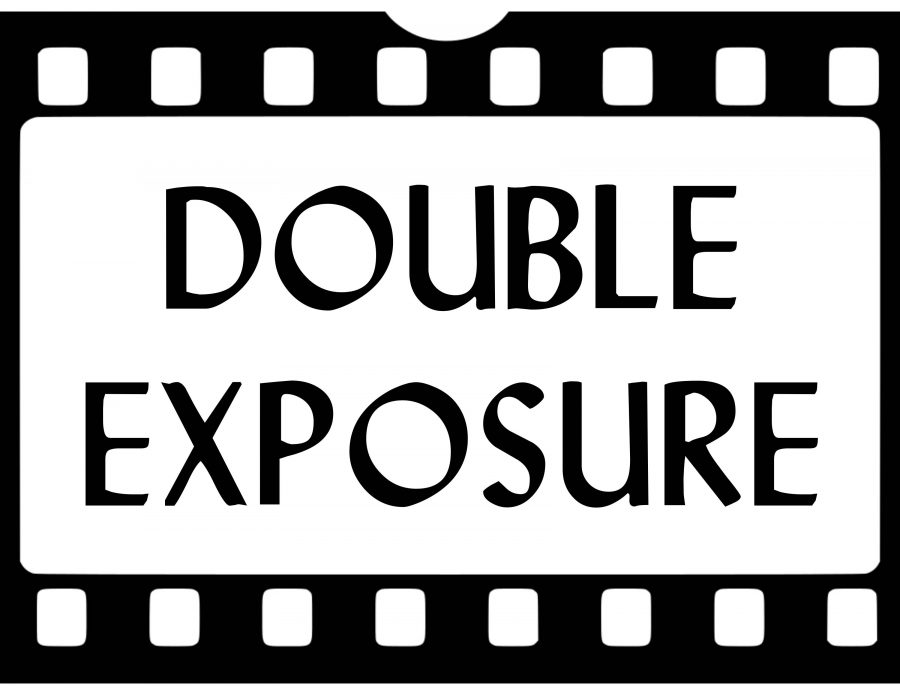Half-drama, half-satire, “Network” is the perfect response to a television-saturated society.
Penned by Paddy Chayefsky and directed by Sidney Lumet, it is the ultimate comment on mass media — as told by mass media.
The beginning of the film introduces the protagonist, a renowned, middle-aged news division president named Max Schumacher (William Holden).
He is reminiscing on a street corner with his anchorman friend Howard Beale (Peter Finch), who has suffered a recent string of personal woes. But during his next live newscast on the network UBS, Beale bluntly announces his plans to end his own life on the air — which causes a stir.
Faye Dunaway portrays the 30-something Diana Christensen, the ambitious programming head at UBS who becomes inspired to exploit Beale’s unpredictable nature in a hasty frenzy to raise the network’s ratings.
Subsequently, the unfazed Beale is given his very own televangelist-esque program, “The Howard Beale Show,” on which he rants about the superficiality of the media and being fed up with the ways of the world.
As Beale, Finch shines in sequences which are both amusing and relevant, most notably in a tangent where he instructs television viewers everywhere to express their dissatisfaction with society by opening their windows and yelling the now-famous deceleration, “I’m mad as hell and I’m not going to take it anymore.”
Meanwhile, Diana and Max form an unexpected romantic relationship after Diana confesses her admiration for the seasoned newsman. What ensues is not only a less-than-compatible partnership, but a clever means by which to point out the complexities encountered with two different generations.
It gradually becomes apparent that Diana may not be prepared to provide sufficient emotional support for Max, who sacrificed his longtime marriage for the fling. After all, while Max was reporting the news among such greats such as Ed Murrow and Walter Cronkite, Diana grew up watching it on TV.
All the while, the question looms: Will the network’s success last forever? Although Diana initially appears as a strong, feisty character, her motives begin to sour as her ego gets the best of her and she fights to keep Beale relevant. As she pays less attention to Max, she pays more attention to the station in a desperate twist of priorities leading to the film’s dramatic climax.
“Network” serves up a timeless tale of ethics by depicting a fierce battle of morals-versus-ratings. If you are fed up with society, mass media or both, “Network” may be the film for you.









